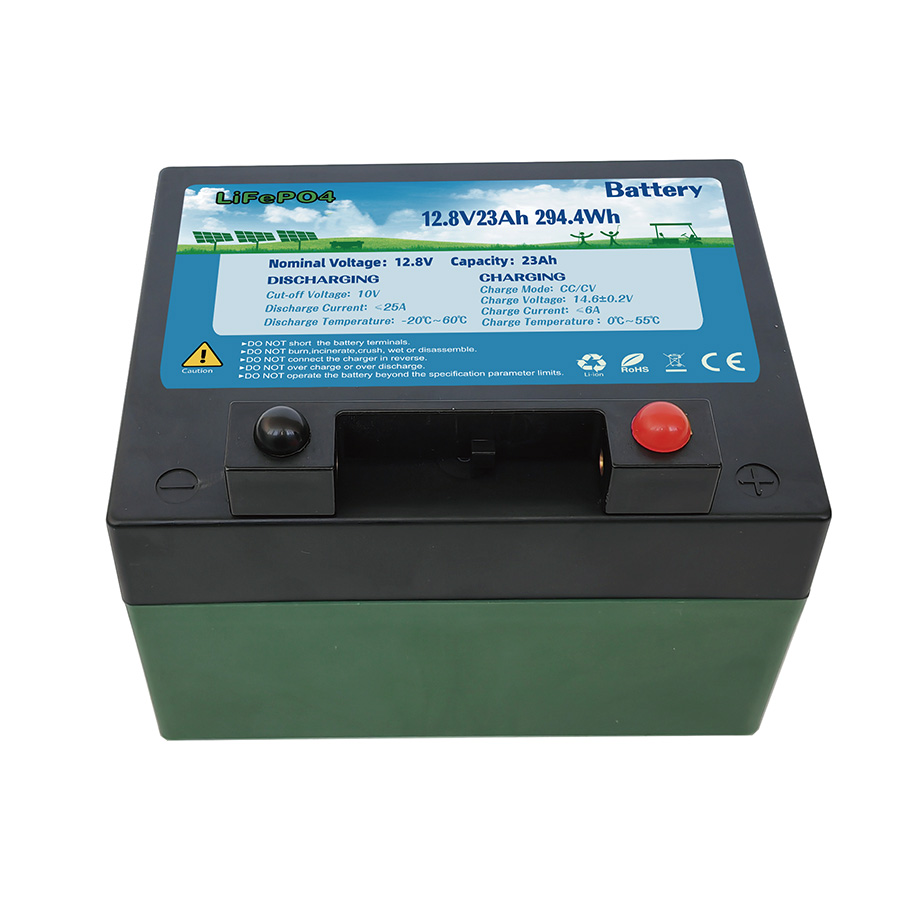As the world moves towards a more sustainable future, electric vehicles (EVs) have become increasingly prevalent on our roads. Central to the functionality of an EV is its on board charger, a vital component that manages the process of replenishing the vehicle's battery with electricity. In this guide, we'll delve into the intricacies of EV onboard chargers, exploring how they work, their types, and their importance in the realm of electric mobility.
What is an Onboard Charger?
An onboard charger in an electric vehicle is essentially the counterpart of a fuel tank in a conventional vehicle. While a fuel tank stores gasoline or diesel, the onboard charger facilitates the transfer of electrical energy from an external power source to the vehicle's battery pack. Think of it as the intermediary between the EV and the charging station, responsible for converting alternating current (AC) from the grid into direct current (DC) for storage in the battery.
How Does an Onboard Charger Work?
The fundamental operation of an onboard charger involves several stages:
AC to DC Conversion: When an EV is plugged into a charging station, the onboard charger first converts the AC power from the grid into DC power, which is compatible with the vehicle's battery.
Voltage Regulation: The charger regulates the voltage to ensure it matches the requirements of the battery pack. This is crucial for safe and efficient charging without damaging the battery cells.
Charging Control: The charger manages the charging process, monitoring parameters such as battery temperature, voltage, and current flow to optimize charging speed while safeguarding the battery's health.
Communication: Many modern EV onboard chargers are equipped with communication protocols such as CAN (Controller Area Network) or PLC (Power Line Communication), enabling seamless interaction with the charging station and allowing for data exchange related to charging status, power levels, and more.

Types of Onboard Chargers
EV onboard chargers come in various types, each offering different charging capabilities:
Level 1 Charger: Typically built into the vehicle, level 1 chargers utilize a standard household outlet (120 volts AC) and are the slowest charging option. They are convenient for overnight charging but may take several hours to fully charge an EV.
Level 2 Charger: These chargers require a dedicated charging station (240 volts AC) and offer faster charging speeds compared to level 1 chargers. Level 2 chargers are commonly found in residential, commercial, and public charging locations.
DC Fast Charger (Level 3 Charger): Unlike level 1 and 2 chargers, which convert AC power to DC onboard the vehicle, DC fast chargers directly supply DC power to the vehicle's battery. They can charge an EV much more rapidly, making them ideal for long-distance travel or situations where quick charging is essential.
Importance of On board Charger in EVs
The onboard charger plays a pivotal role in the widespread adoption of electric vehicles for several reasons:
Convenience: Onboard chargers enable EV owners to recharge their vehicles at home, work, or public charging stations, offering flexibility and convenience comparable to traditional refueling.

Efficiency: By efficiently converting AC power to DC and regulating the charging process, onboard chargers maximize the energy transfer to the battery, optimizing the overall efficiency of the EV.
Compatibility: Different EV models may have varying battery chemistries, voltages, and charging requirements. Onboard chargers are designed to accommodate these differences, ensuring compatibility with diverse EV platforms.
Future-Proofing: As charging infrastructure evolves and new technologies emerge, onboard chargers can be upgraded or modified to support faster charging speeds, higher power levels, and emerging standards, thereby future-proofing the vehicle's charging capabilities.
In conclusion, on board charger are integral to the operation and advancement of electric vehicles, facilitating efficient and convenient charging while driving the transition towards sustainable transportation. Understanding how these chargers work and their significance in the EV ecosystem is crucial for consumers, manufacturers, and policymakers alike as we strive towards a cleaner and greener automotive future.
Next:How an EV On-Board Charger Converts Power
Previous:On-Board Chargers (OBCs) in Electric Vehicles
Contact Person: Miss. Kiki
| WhatsApp : | +8617763224709 |
|---|---|
| Skype : | +8617763224709 |
| WeChat : | +8617763224709 |
| Email : | kiki@lifepo4-battery.com |